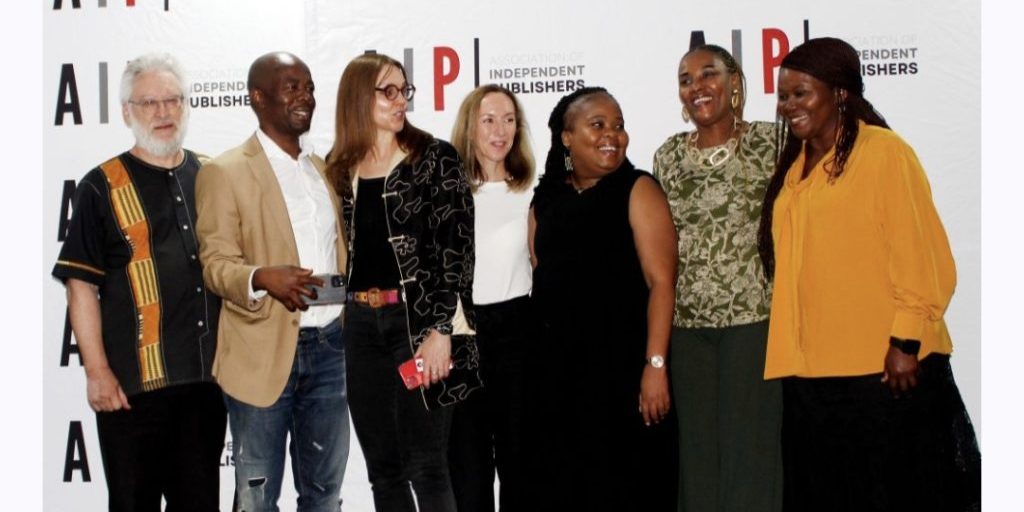‘Media’s role in Lesotho’s democracy is transformative and precarious’
PICTURE: Nicholas Githiri/Pexels
Media Institute of Southern Africa
In Lesotho, 69% of citizens believe their MPs rarely heed public concerns, according to a 2024 Afrobarometer survey. This disillusionment underscores the media’s critical role as a bridge between the electorate and policymakers.
Media platforms such as radio, TV, and digital outlets, serve as vital conduits for civic education, particularly in rural areas where 68.9% of Basotho reside. For instance, MISA Lesotho’s collaboration with community radio through the Bridging the Gap project is strengthening grassroots engagement on governance and human rights through workshops on corporate governance and digital literacy.
Again, the dynamic interplay between media and democracy is exemplified through MISA Lesotho’s participation in the discussions on and formulation of 2020’s Public Participation Bill, which mandates community consultations and feedback loops.
This collaboration not only strengthens the media landscape but also reinforces democratic values and accountability.
As Kefuoe Maime, a journalist based in Maseru, notes, ‘Investigative journalism uncovers injustice and leads to positive change by holding institutions accountable and revealing hidden truths’.
One of the primary functions of the media is to provide citizens with accurate and timely information. In a healthy democracy, access to information is crucial as it empowers individuals to make informed decisions about political, social, and economic issues
MISA Lesotho plays an essential role in encouraging responsible journalism, enhancing media literacy, and promoting the dissemination of factual information. This ensures that the public is well-informed and capable of engaging in meaningful discussions about governance and public policy.
Media serves as a platform for public discourse, allowing diverse voices to be heard. Through debates, interviews, and opinion pieces, various stakeholders, government officials, civil society organisations and ordinary citizens, can share their views and engage in constructive dialogue.
MISA Lesotho fosters this environment by providing training and resources to journalists, helping them to facilitate conversations that reflect the interests and concerns of the community.
One of the most critical roles of the media in a democracy is to hold those in power accountable. By exposing wrongdoing, the media plays a watchdog role, ensuring governmental transparency and integrity. This function is essential in promoting good governance and protecting the rights of citizens.
Kefuoe encapsulated the media’s enduring value: ‘Up to this date journalism still drives positive impact, it provides a common fact base for discussion, exposes corruption and ensures the law is administered fairly.’
Despite its significant role, journalists often work in risky environments where their safety is compromised, thus facing numerous challenges. These include political interference, threats to press freedom, and a lack of resources.
The media’s role in Lesotho’s democracy is both transformative and precarious. While partnerships like MISA-government collaborations and investigative rigor bolster accountability, systemic challenges demand urgent reforms
According to the State of Press Freedom in Southern Africa 2025 report, authored by journalists from across the region, financial sustainability poses a critical threat to Lesotho’s media landscape.
Mamasupha Moshoeshoe, a Lesotho-based journalist who compiled the report’s country-specific findings, notes that the majority of local media houses rely on government advertising revenue, creating a dependency that risks editorial independence.
In this fragile ecosystem, the media persists not just as a watchdog but as a lifeline for democratic accountability, a reality underscored by Nelson Mandela’s timeless call to action: ‘A critical, independent and investigative press is the lifeblood of any democracy. The press must be free from state interference. It must have the economic strength to stand up to the blandishments of government officials.’




